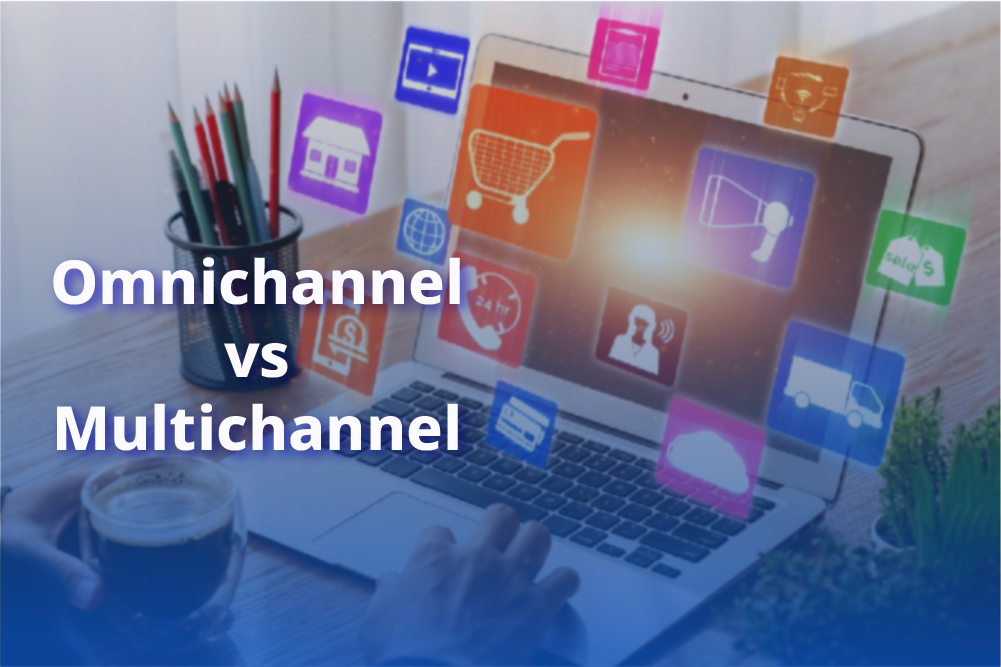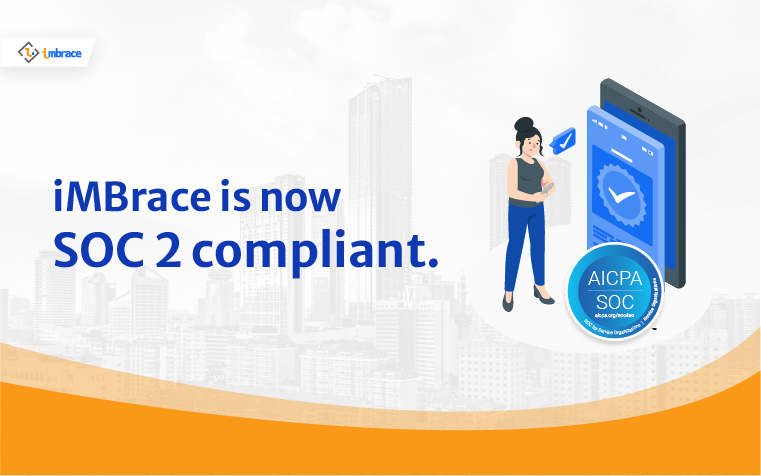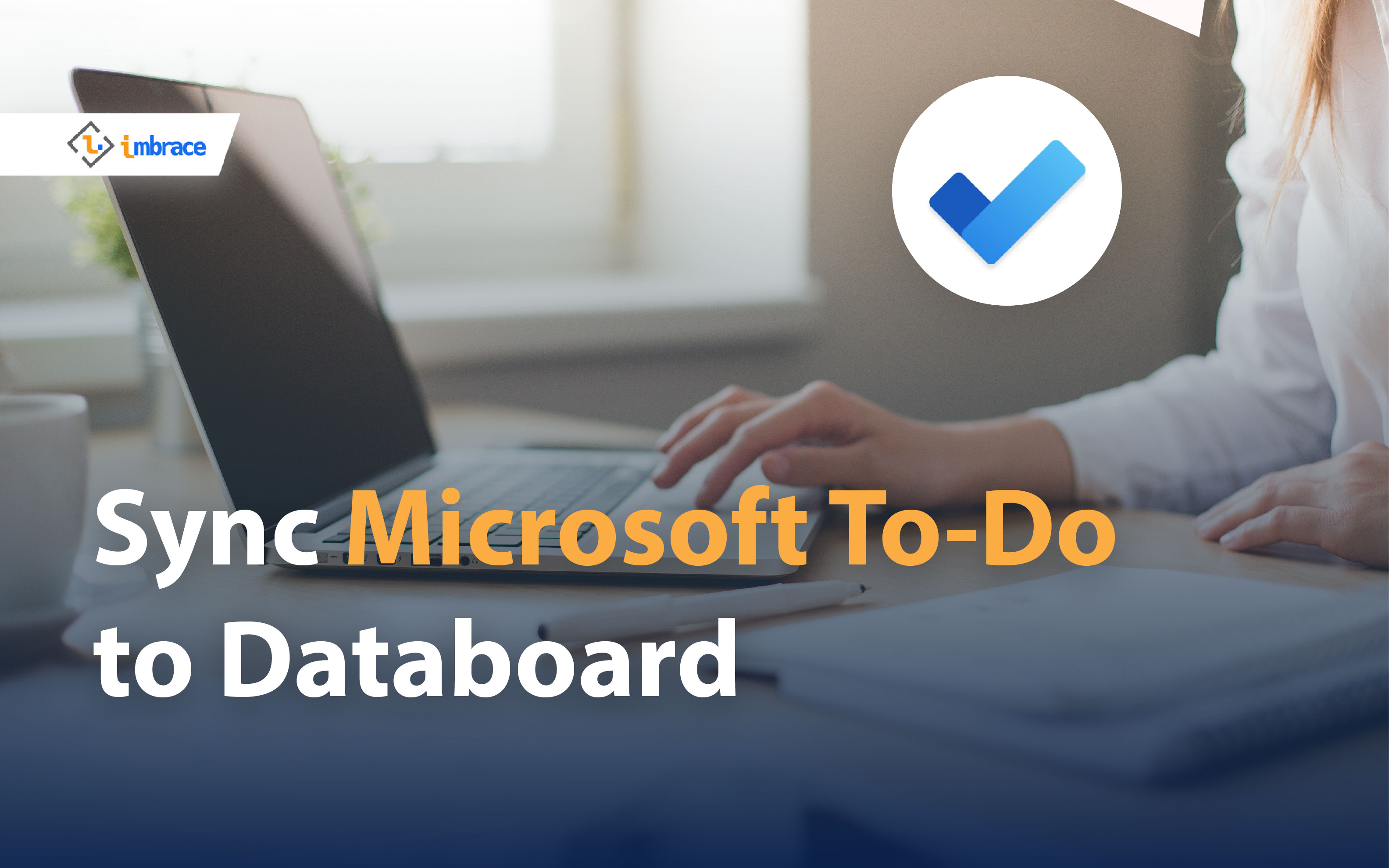Overview
"Do you need clarification about the difference between omnichannel and multichannel? With so many marketing buzzwords floating around, getting lost in the jargon is easy. We will explain the meaning of each term, highlight their key differences, and explore how they can benefit your business. So sit back, relax, and unravel the mystery behind these two popular approaches to customer engagement. "
What is Omnichannel?
Omnichannel is a strategy that aims to provide customers with a seamless experience across all channels. These channels include online, mobile, social media, and in-store. The key to this approach is integrating different channels to create a cohesive customer journey. Customers can interact with businesses through any channel without having to start over each time they switch. This means they can move from browsing online to purchasing in-store.
Businesses need a solid technological infrastructure to achieve this integration and consistency. The infrastructure should be capable of tracking customer interactions across all touchpoints. This allows for personalized experiences that cater to each individual's preferences. Helping businesses to provide exceptional experiences by delivering a unified brand message. On the other hand, it also ensures smooth transitions between communication channels.

What is Multichannel?
Utilizing many channels is part of multichannel marketing. To interact with customers, including email, social media, direct mail, phone calls, and more. This approach aims to create a consistent experience for customers across all touchpoints.
In the past, businesses used different strategies and messages for each channel. Yet, the development of digital technology has made significant strides. Coupled with rising customer expectations for seamless communication. This strategy has become even more helpful today.
Multichannel marketing allows businesses to meet customers where they are. It achieves this by providing relevant content at the right time through its preferred channels. One significant benefit of this strategy is its capacity to enhance brand recognition. It achieves this by engaging customers through multiple mediums.
Additionally, it provides opportunities for cross-selling or upselling products or services. These opportunities are based on customer behavior across various channels.
But, implementing a successful multichannel strategy requires careful planning and coordination. This planning and coordination are necessary among all departments involved in customer communication.
Consistency in messaging and branding must be maintained throughout every touchpoint. This is crucial to ensure clarity and engagement from potential buyers. While it may not provide as comprehensive an approach as omnichannel marketing in today's interconnected world. Multichannel is still a vital component of any successful business communication plan. It aims at driving sales growth over time.
Understanding the Key Differences between Omnichannel and Multichannel
In today's business world, companies have two choices regarding marketing, communication, and customer service tactics. Omnichannel or multichannel. Both approaches strive to connect with a broader audience across various communication channels. There are notable distinctions exist between them.
First, multichannel refers to using several different channels to communicate with customers. This includes email, social media advertisements, and direct mail campaigns. However, each channel operates from one another, with no integration.
On the other hand, omnichannel creates a seamless customer experience across all channels. It integrates all touchpoints. It includes in-store interactions and online experiences like website browsing and shopping cart remarks. Through various devices such as smartphones or tablets.
Another difference lies in how businesses approach their target audience using these methods. Multichannel focuses on promoting messages through various platforms. In contrast, Omnichannel aims to provide a personalized approach. Catering services that meet customers' needs based on buying behavior patterns.
While multichannel and omnichannel strategies strive for better customer engagement through multiple platforms. They still differ in the personalization practices applied throughout various stages of customer journey mapping.

Benefits of Omnichannel vs Multichannel
Omnichannel and multichannel are both crucial strategies for businesses in the modern world. Still, there are key differences between the two. Omnichannel is a newer, more customer-centric approach. It considers that customers move seamlessly between channels and devices. Multichannel is a more traditional approach, focusing on each channel as a separate entity. Read this blog to understand How Juggling Multiple Communication Tools Hurts Your Business Productivity
There are several benefits of omnichannel over multichannel:
- Omnichannel creates a more seamless experience for customers.
- Omnichannel is more responsive to customer needs and preferences.
- Omnichannel allows businesses to collect more data about their customers.
- Omnichannel can be more cost-effective than multichannel.
Omnichannel is the clear choice for businesses that want to create a superior customer experience. Also, to stay ahead of the competition.
Conclusion
In today's digital world, businesses must understand the differences between omnichannel and multichannel marketing. While multichannel marketing allows businesses to reach customers on multiple channels. An omnichannel approach provides a seamless customer experience across all channels. When deciding which strategy to use, it's important to consider your business needs and goals to determine what will be most effective.
Join iMBrace and increase your productivity.



